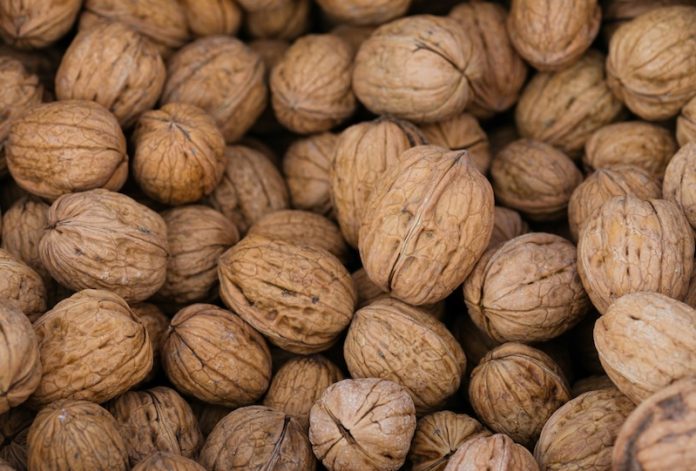
A recent study from the University of Toronto has found that eating nuts instead of carbohydrates may help people with type 2 diabetes manage their blood sugar more effectively.
This discovery is significant for the millions of people living with diabetes, as controlling blood sugar is crucial for preventing complications related to the disease.
Nuts are simple, dry fruits that contain edible seeds within a hard shell. Some of the most common varieties include almonds, Brazil nuts, cashews, hazelnuts, pecans, pine nuts, pistachios, walnuts, and even peanuts (which are technically legumes but commonly classified as nuts).
In addition to being tasty, nuts are packed with nutrients, making them a healthy option for people looking to improve their diet.
Previous research has already shown that including nuts in a healthy diet can help with weight management and protect against chronic illnesses.
This new study wanted to dive deeper and explore whether swapping out carbohydrates for nuts, which are high in unsaturated fats, could lower blood sugar and reduce the risk of heart disease in people with type 2 diabetes.
The researchers also looked at how nuts affected other health markers, such as blood clotting and LDL cholesterol levels (commonly known as “bad” cholesterol).
Lowering LDL cholesterol is important because high levels of it can lead to clogged arteries and increase the risk of heart attacks and strokes.
The study involved 117 older adults, all of whom had type 2 diabetes and were taking medication to lower their blood sugar. The participants were divided into three groups, each following a different diet for three months:
- The “full-dose nut diet,” where participants ate 75 grams of mixed nuts every day.
- The “full-dose muffin diet,” where participants ate whole-wheat muffins that had the same amount of protein and energy as the nuts but derived from carbohydrates.
- The “half-dose nut diet,” where participants ate half the amount of both nuts and muffins.
After three months, the results showed that the full-dose nut diet led to several health improvements compared to the full-dose muffin diet.
Participants who ate more nuts had better blood sugar control, meaning their blood sugar levels were lower than those who ate more carbohydrates.
Additionally, the full-dose nut diet helped reduce cholesterol levels, specifically LDL cholesterol and non-HDL cholesterol, both of which are known to contribute to heart disease.
These findings suggest that replacing carbohydrates with nuts, especially those rich in healthy fats like monounsaturated fats, may be a smart strategy for people with diabetes who want to manage their condition better.
The full-dose nut diet appeared to help lower the risk of heart disease while also improving blood sugar control, making it a win-win situation for people with type 2 diabetes.
Although the study had mostly positive outcomes, one participant on the half-dose nut diet did experience a health issue unrelated to the study itself.
They were hospitalized for a heart rhythm problem after shoveling snow. Aside from that, there were no other significant health problems reported.
The study also highlighted that different types of nuts could offer different benefits. For instance, almonds are rich in calcium and contain a variety of essential vitamins and minerals, which could be particularly useful for people with type 2 diabetes.
Pecans are high in dietary fiber, which helps with digestion. Macadamia nuts are packed with monounsaturated fats, which are known to support healthy cholesterol levels. Walnuts are a great source of alpha-linolenic acid, an omega-3 fatty acid that’s beneficial for heart health.
The researchers emphasized that more studies are needed to examine how different kinds of nuts might benefit people with diabetes in unique ways.
For now, though, it’s clear that nuts can be a valuable part of a healthy diet for people with type 2 diabetes, especially when used to replace high-carbohydrate foods.
This research, conducted by David J A Jenkins and his team, was published in the journal Diabetologia.
The study adds to a growing body of evidence suggesting that small dietary changes, like eating more nuts, can make a big difference in managing diabetes and overall health.
If you care about diabetes, please read studies that flaxseed oil is more beneficial than fish oil to people with diabetes, and green tea could help reduce death risk in diabetes.
For more information about nutrition, please see recent studies that blueberries strongly benefit people with metabolic syndrome, and results showing vitamin D could improve blood pressure in people with diabetes.
Copyright © 2024 Knowridge Science Report. All rights reserved.



